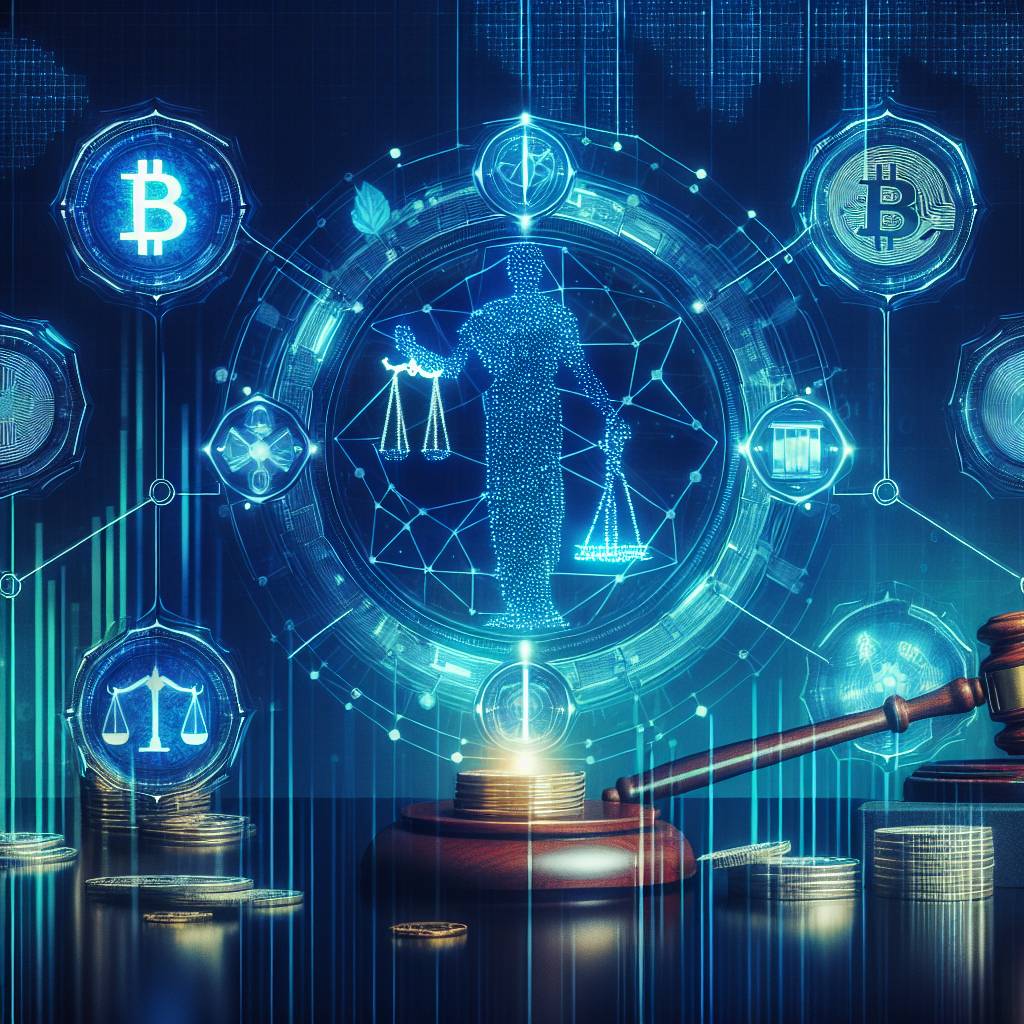What are the legal regulations for buying and selling cryptocurrencies in the United States?
Can you provide a detailed explanation of the legal regulations surrounding the buying and selling of cryptocurrencies in the United States? What are the key laws and regulations that individuals and businesses need to be aware of?

3 answers
- When it comes to buying and selling cryptocurrencies in the United States, there are several legal regulations that individuals and businesses need to be aware of. One of the key laws is the Bank Secrecy Act (BSA), which requires cryptocurrency exchanges and other businesses involved in virtual currencies to comply with anti-money laundering (AML) and know-your-customer (KYC) regulations. This means that individuals and businesses may need to provide identification and other information when buying or selling cryptocurrencies. Additionally, the Internal Revenue Service (IRS) treats cryptocurrencies as property for tax purposes. This means that individuals and businesses are required to report any gains or losses from cryptocurrency transactions on their tax returns. Failure to do so can result in penalties and fines. It's also important to note that each state in the United States may have its own specific regulations regarding cryptocurrencies. Some states have implemented licensing requirements for cryptocurrency businesses, while others have introduced consumer protection measures. Overall, it is crucial for individuals and businesses to stay informed about the legal regulations surrounding cryptocurrencies in the United States to ensure compliance and avoid any legal issues.
 Dec 28, 2021 · 3 years ago
Dec 28, 2021 · 3 years ago - Buying and selling cryptocurrencies in the United States is subject to various legal regulations. The Financial Crimes Enforcement Network (FinCEN) requires cryptocurrency exchanges and other virtual currency businesses to register as money services businesses (MSBs) and comply with AML and KYC regulations. This helps prevent money laundering and other illegal activities. In addition to federal regulations, individual states in the United States have their own laws regarding cryptocurrencies. For example, the New York BitLicense requires cryptocurrency businesses to obtain a license to operate in the state. Other states have introduced legislation to protect consumers and promote innovation in the cryptocurrency industry. It's important for individuals and businesses to understand and comply with these regulations to ensure the legality of their cryptocurrency activities. Failing to do so can result in legal consequences and reputational damage.
 Dec 28, 2021 · 3 years ago
Dec 28, 2021 · 3 years ago - As a leading cryptocurrency exchange, BYDFi is committed to complying with all relevant legal regulations for buying and selling cryptocurrencies in the United States. We adhere to the Bank Secrecy Act and have implemented robust AML and KYC procedures to ensure the safety and security of our platform. Our users can trade cryptocurrencies with confidence, knowing that we prioritize compliance and customer protection. In addition to federal regulations, it's important for individuals and businesses to be aware of state-specific regulations. Each state may have its own licensing requirements and consumer protection measures. It's crucial to stay informed and ensure compliance to avoid any legal issues. At BYDFi, we strive to provide a transparent and compliant trading environment for our users. We continuously monitor and adapt to changes in the regulatory landscape to ensure that our platform remains secure and compliant with all applicable laws and regulations.
 Dec 28, 2021 · 3 years ago
Dec 28, 2021 · 3 years ago
Related Tags
Hot Questions
- 99
Are there any special tax rules for crypto investors?
- 91
What are the best practices for reporting cryptocurrency on my taxes?
- 76
What are the tax implications of using cryptocurrency?
- 73
How does cryptocurrency affect my tax return?
- 51
What are the advantages of using cryptocurrency for online transactions?
- 34
How can I minimize my tax liability when dealing with cryptocurrencies?
- 32
What is the future of blockchain technology?
- 28
How can I protect my digital assets from hackers?
